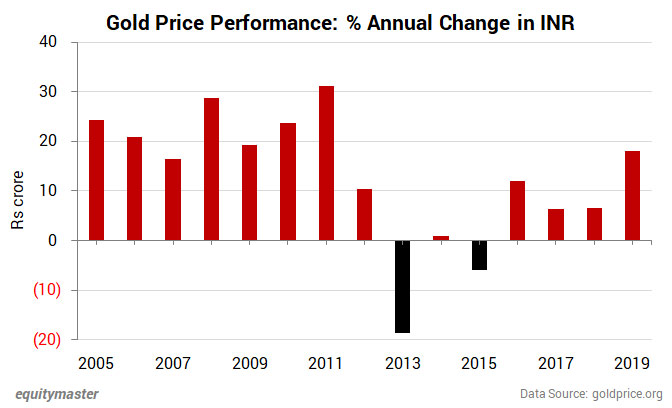Sensex Trades Marginally Higher; Dow Futures Up By 6 Points
Share markets in India are presently trading marginally higher.
The BSE Sensex is trading up by 140 points, up 0.3% at 49,538 levels.
Meanwhile, the NSE Nifty is trading up by 80 points.
Tata Motors and Wipro are among the top gainers today. Grasim and NTPC are among the top losers today.
The BSE Mid Cap index is trading up by 0.8%.
The BSE Small Cap index is trading up by 0.7%.
On the sectoral front, stocks from the automobile sector, are witnessing most of the buying interest.
On the other hand, stocks from the power sector, are witnessing most of the selling pressure.
US stock futures are trading higher today, indicating a positive opening for Wall Street.
Nasdaq Futures are trading up by 75 points (up 0.6%) while Dow Futures are trading up by 6 points (flat)
The rupee is trading at 73.12 against the US$.
Gold prices are trading up by 0.5% at Rs 49,235 per 10 grams.
In global markets, gold prices moved higher following a weaker US dollar amid expectations of a massive US stimulus.
Tracking higher global prices, gold prices edged higher in Indian markets. On MCX, February gold futures rose 0.3% to Rs 49,115 per 10 grams. In the previous session, gold had risen 0.2%.
Speaking of the precious yellow metal, how lucrative has gold been as a long-term investment in India?
The chart below shows the annual returns on gold over the last 15 years...

As you can see, barring just two years - 2013 and 2015, gold has delivered positive returns in 13 of the last 15 years.
The recent price volatility in the bullion market has rattled many traders. Even with the recent volatility in prices, gold remains among the best-performing commodities this year to combat the fallout from the coronavirus pandemic.
Moving on to stock-specific news...
Among the buzzing stocks, today is Ceat.
Tyre major, Ceat on January 19 reported over a two-and-a-half-fold jump in its consolidated net profit to Rs 1.3 billion in the third quarter ended on December 31, 2020, riding on robust sales. The company had posted a consolidated net profit of Rs 525 million in the year-ago period.
The company's consolidated revenue from operations stood at Rs 22.2 billion in the quarter under review as against Rs 17.6 billion in the year-ago period, a growth of 26%, it added.
Commenting on the company's performance, Ceat's Managing Director Anant Goenka said, "This quarter's growth has been achieved on the back of new capacities across segments, particularly passenger car, two-wheeler and farm segments."
The replacement market has been buoyant because of consumer preference in personal mobility and strong rural demand, he added.
Goenka further said, "All our factories are currently operating at a high capacity and we are confident in maintaining strong growth levels over the next few months. There is expected to be some margin pressure in the next quarter due to increasing raw material prices."
During the quarter, the company's continuous effort to judiciously manage cash helped in bringing down debt by Rs 2.6 billion and helped in qualitative improvement in the leverage ratios and the company's balance sheet.
At the time of writing, Ceat share price was trading up by 3.8% on the BSE.
Moving on to news from the finance sector...
IIFL Home Finance Ties Up with Standard Chartered Bank for Co-Lending
Fairfax-backed IIFL Finance on January 19 said its home loan subsidiary IIFL Home Finance and Standard Chartered Bank have entered into a co-lending arrangement for extending credit to micro, small and medium enterprise (MSME) loans (loan against property).
Under this partnership, IIFL Home Finance and the Standard Chartered Bank will co-originate these loans and the IIFL Home Finance will service the customers through the entire loan life-cycle including sourcing, documentation, collection, and loan servicing.
This is one of the first co-lending arrangements in the industry after Reserve Bank India's (RBI) co-lending guidelines were issued. On November 5, 2020, RBI had announced the co-lending scheme for banks and non-banking finance companies (NBFCs) for the priority sector. Under the model, banks are permitted to co-lend with all registered NBFCs (including housing finance companies) based on a prior agreement. NBFCs shall be required to retain a minimum of 20% share of the individual loans on their books.
IIFL Finance is one of India's leading retail-oriented NBFC with about 90% of its Rs 410 billion loan book under the retail category.
How this pans out remains to be seen. Meanwhile, stay tuned for more updates from this space.
Disclosure: Equitymaster Agora Research Private Limited (Research Analyst) bearing Registration No. INH000000537 (hereinafter referred as 'Equitymaster') is an independent equity research ...
more


